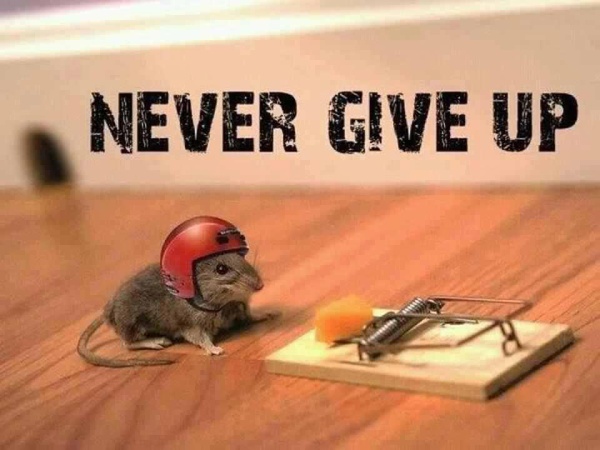English
We went through the corrections for the Situational Writing and instead of flashing the model answer, what I have changed this term is to correct your answers on your papers and have you to make the necessary corrections by yourself instead. This helps you learn your mistakes rather than just flashing the model answer.
We also went through a short practice on comprehension cloze.
For comprehension cloze, I have listed down 5 main skills to do well. You must apply these skills.
1. Read the passage first to understand the story. Ask yourself questions about the main character, the format of the passage (report, information text, narrative story, etc) and setting.
2. Highlight key words.
3. Look for clues.
4. Draw arrows
5. Check for grammar rules (whether the word is past/present/past perfect tense, singular/plural, continuous verb, etc)
The main aim is to read widely and to practise. If you apply these skills, it will help you greatly.
Science
We started on elastic spring force and have completed up on friction. Here are some recaps:
- Friction causes a moving object to stop, a stationary object to move, changes the direction of a moving object, changes the size and shape of an object.
-Lubricants need not only be liquids (oil, grease). It can also be in solid form such as graphite (used in machines) and powder.
We then move on to talk about elastic spring force and how it is applicable to our daily lives such as the spandex or rubber being used as the waistband for our running shorts having elastic force to help expand and contract during our movements.
Elastic spring force occurs when we push a spring (compress) or pull a spring (stretch).
Concept: The more the elastic force, the higher a ball bounces. A ball made of a highly elastic material will bounce higher than one that has less elasticity.
We also went on to complete an activity in the workbook. We tested out the effect of weights on the elasticity of the spring. When more weights are added, the length of spring increases.
Reminders:
- Bring your PSLE Giro deduction form with it being signed by TOMORROW (27th March). There is no deadline extension! Thank you!
- The name list for the early bird programme commencing next week will be given out tomorrow.
Sincerely,
Mr Nelson Ong


.png)









